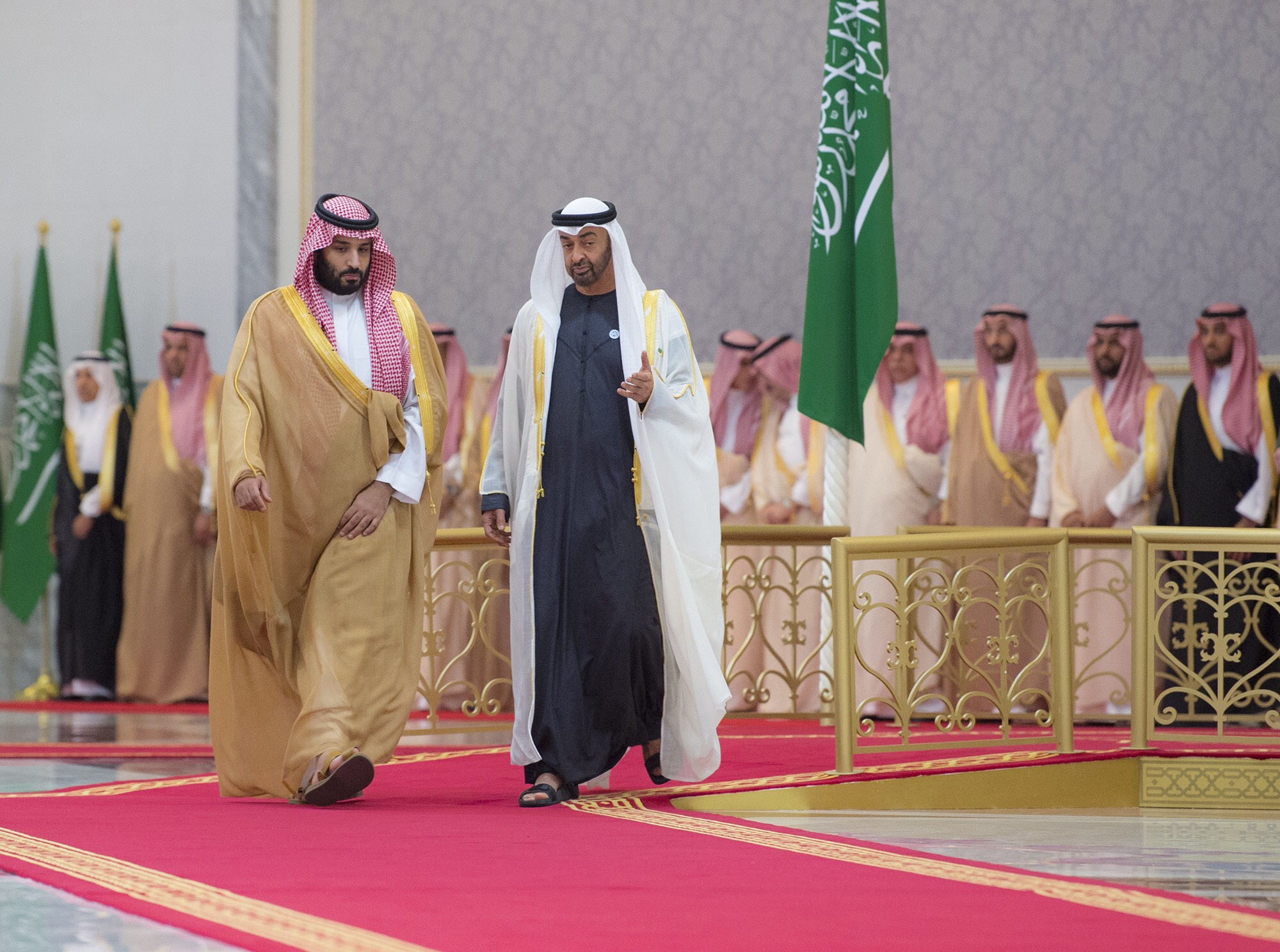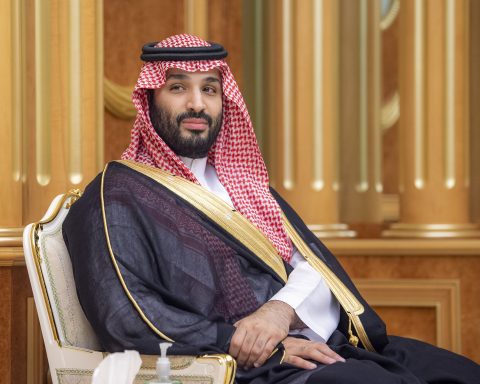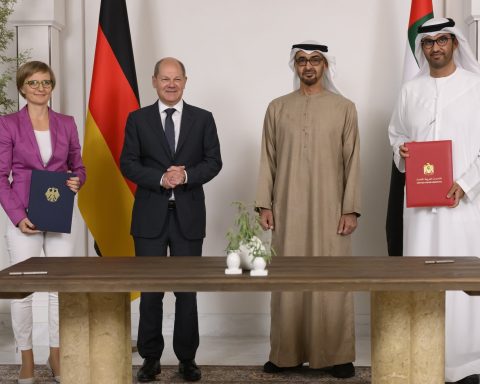After nearly twenty years, the post 9/11 political order in Afghanistan collapsed in the face of a stunning Taliban blitz across the country. This is the second time that the movement has prevailed over all other power holders in Afghanistan, leading to a fundamental change in the geopolitical realities of the country in an exceptionally short span of time. The emergence of the Taliban as a new power broker in Afghanistan has profound implications for regional security and alignments. Yet, this time, the Taliban’s backers in the Gulf, Saudi Arabia and the United Arab Emirates are silent and reacting cautiously, while their historic foe Iran has reacted in a rather calmer manner and did not support anti-Taliban forces particularly in the city of Herat, as the movement was struggling to take over the city. The Taliban maintain cordial ties with Qatar owing to their political office’s presence in the country. Turkey manoeuvred back and forth to secure the Taliban’s acquiescence to its offer to manage Kabul airport.
With the demise of the Ghani government and the marginalization of traditional warlords, the Afghan political field has opened up. This presents Middle Eastern power players with a perfect chance to scramble for this strategic space in the heart of Asia in order to alter the regional balance of power to their liking.
Historically, Saudi Arabia and the UAE, alongside Pakistan, were the only states that maintained diplomatic ties with the Taliban regime in the 1990s. However, the Saudis eventually expelled the Taliban representative in 1998 after it failed to address Saudi concerns regarding the presence of Al-Qaeda and its chief Osama Bin Laden in Afghanistan. In the aftermath of 9/11 and the fall of the Taliban regime, both the Kingdom and the UAE swiftly developed a cordial relationship with the Afghan government.
Approach towards Taliban insurgency
Despite these developments, Saudi Arabia did maintain covert ties with the Taliban in a bid to integrate them into the Afghan political process. In an attempt to shore up its relevance regarding Afghanistan, in 2008, the Saudi government facilitated peace talks between Afghan government officials and Taliban representatives. However, Saudi authorities were frustrated by the continuous refusal of the Taliban to talk with Afghan government representatives as well as to denounce their links with Al-Qaeda. As a resukt, in 2009, Saudi Arabia decided to expel Mullah Tayyab Agha, the Taliban representative, against the advice of Pakistani intelligence. This opened space for a comprehensive engagement between the Taliban and Iran that no longer considered the movement as a proxy of Saudi Arabia. The UAE, on the other hand, wholeheartedly supported the NATO mission in Afghanistan. The Emirates became one of the few Muslim countries to deploy its troops within Afghanistan, that were involved in training Afghan special forces but on some occasions had also been involved in fighting off Taliban ambushes. The death of Emirati ambassador Juma Mohammed Abdullah Al-Kaabi further strengthened the bonds between the UAE and the Afghan government of President Ashraf Ghani, shoring up the Emirati commitment to increase the capability of Afghan special troops. These units would eventually emerge as the only formidable part of the Afghan National Defence and Security Forces (ANDSF) that was able to put up some resistance against the Taliban.
These developments also changed the Taliban’s perception of both the Saudi Kingdom and the Emirates, who no longer viewed them as neutral actors. This had been one of the main reasons why the Taliban refused to negotiate with Americans in either Riyadh or Abu Dhabi. Although, under Pakistani pressure, the Taliban did hold a meeting with US negotiators within Abu Dhabi, but afterwards complained regarding Emirati pressure to include Afghan government representatives and requested to move back the venue of parleys to Doha. In a manner, this consolidated the standing of Qatar as a trustworthy actor that only facilitated their engagement with the Americans but never pressured them to make additional compromises.
Approaching a Taliban government in Kabul
It will not be wrong to suggest that Saudi Arabia and the UAE, just like many other regional and global actors, have been totally surprised by the sheer pace of the Taliban takeover of Afghanistan and are now adjusting to the new reality. The presence of the Taliban in Kabul totally alters the political estimates of both Riyadh and Abu Dhabi and, for now, it seems that both Gulf states are content with maintaining a passive posture on the Afghan file. However, such a “playing safe” approach may relegate the two states to being bystanders in Afghanistan while seceding further strategic space to Qatar, Iran, and Turkey.
The reaction from Saudi Arabia to the Taliban takeover has been relatively muted and Riyadh has closed its embassy in Kabul. It is quite apparent that, for now, Riyadh has no direct line of communication with the Taliban. Saudi authorities remain also a sceptic of the Taliban’s relationship with Al-Qaeda and will be very worried regarding the prospect of the resurgence of the group in Afghanistan. It is particularly interesting that the Saudi Foreign Minister had made India his first stop in the region since the Taliban takeover. India remains probably the only regional actor that considers the Taliban government a threat to regional security. In this manner, the statements of the Saudi Foreign Minister in New Delhi emphasizing upon the Taliban to exercise good governance and form an inclusive government are really significant. Perhaps even more important has been the caution by Prince Faisal Bin Farhan that Afghanistan should not become an epicentre of transnational terrorism, something also fervently echoed by the government in New Delhi. These statements do give the impression that Saudi Arabia still has no urgency to engage with the new power in Kabul and is primarily approaching the Afghan file from a security frame and not from a balance of power perspective. Both Saudi Arabia and the Taliban may eventually engage with each other, not exactly for geopolitical reasons but for purely religious reasons as the affairs of Afghan pilgrims will now be dealt with by the Taliban.
The UAE has taken a relatively similar approach towards Afghanistan and remains concerned that the Taliban victory may boost Islamist actors across the Middle East. However, unlike Riyadh, the Emirates has not remained totally aloof from the developments in Kabul. At one end, it has given refuge to former Afghan President Ashraf Ghani and other former regime figures who remain unwanted personalities in western capitals. Yet, on the other hand, the UAE supported humanitarian assistance to Afghanistan, and senior Emirati commentators have described this strategy as the Emirati way to engage and cultivate leverage with the Taliban. The UAE may also utilize its linkages with Pakistan to develop further ties with the Taliban regime.
The upheaval in Afghanistan has provided regional actors with new political opportunities. Yet, from a Saudi and Emirati perspective, a greater engagement with the Taliban regime will only happen in time and will be conditional to the behaviour and makeup of the new Taliban regime, as well as its relationship with transnational Jihadist movements.














